April 2024
Honeybee
Happy (late) April, happy Honeybees!
Although the weather might say otherwise, we are at the peak of Spring! This spring is full of blooming petals and bustling gardens. The growth we’ve seen throughout the school year is so admirable and we want to finish strong!
We’ve fully taken advantage of the warm weather by picnicking as a class. Filled with bubbles, babies, and bright days, these picnics give us a great time to get some time outside. Take a look at some pictures we’ve snapped of our outdoor time as a class!
The end of the school year will be here before we know it, so let’s plan accordingly with a few reminders.
Please remember to label ALL items sent to school with your child! This includes bottles, clothes, wipes, food containers, and bed sheets/blankets. This is not only classroom policy but also a state-mandated requirement.
If you wish to bring topical creams or products (ex: diaper cream, sunscreen, Aquaphor), remember to fill out and update the consent form for each individual item.
Upcoming events:
May 6-10 – Teacher Appreciation Week
May 10 – Half Day, ALL/ALL in session
May 23 – Last Day of School, Half Day for ALL
May 29 – First Day of Summer
As always, please do not hesitate to reach out with questions, comments, or just to say hi! You can reach Ms. Susan at Susan@creoschool.org or Nido@creoschool.org. Thank you for making our community as amazing as it is!
With love,
The Honeybee Team
Ms. Susan, Ms. Maria, and Ms. Roseanna 💌
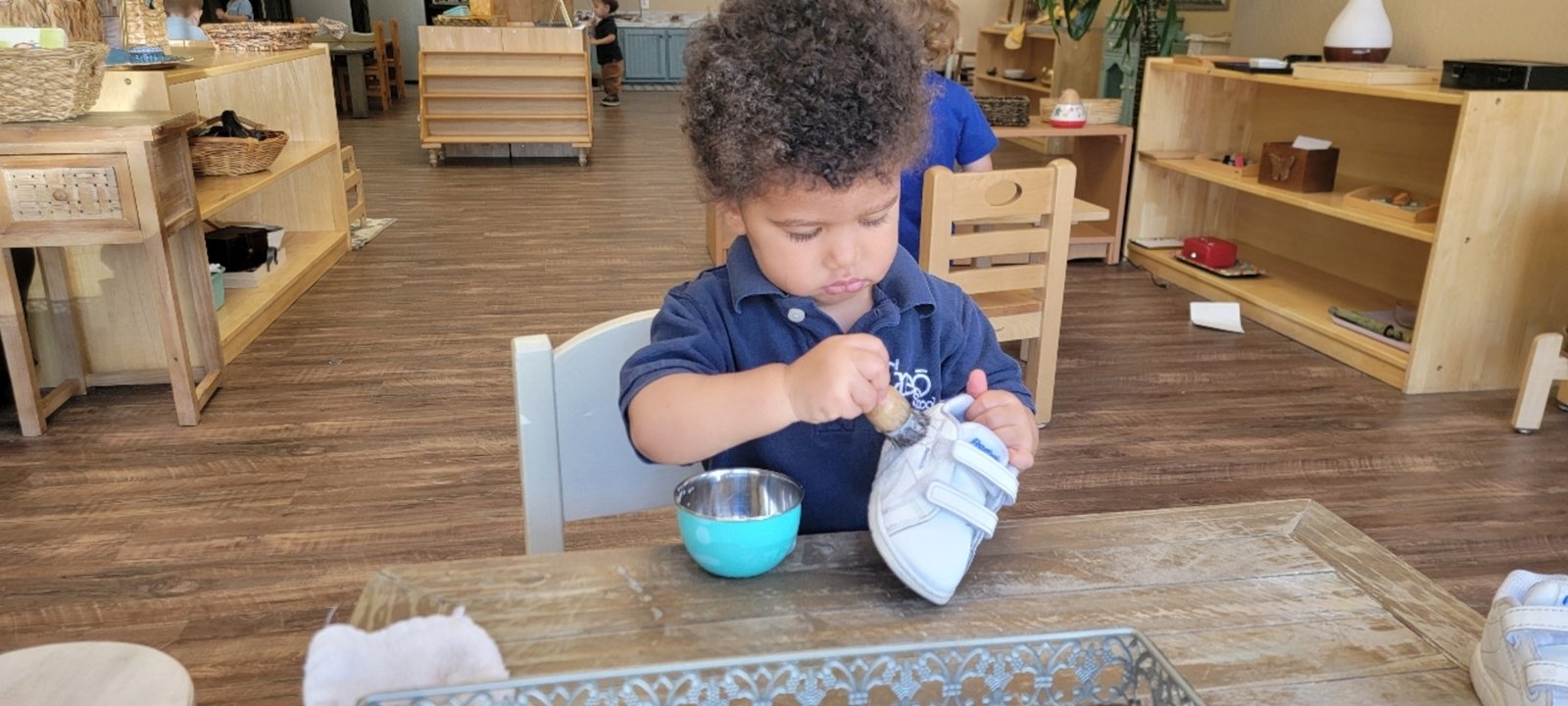
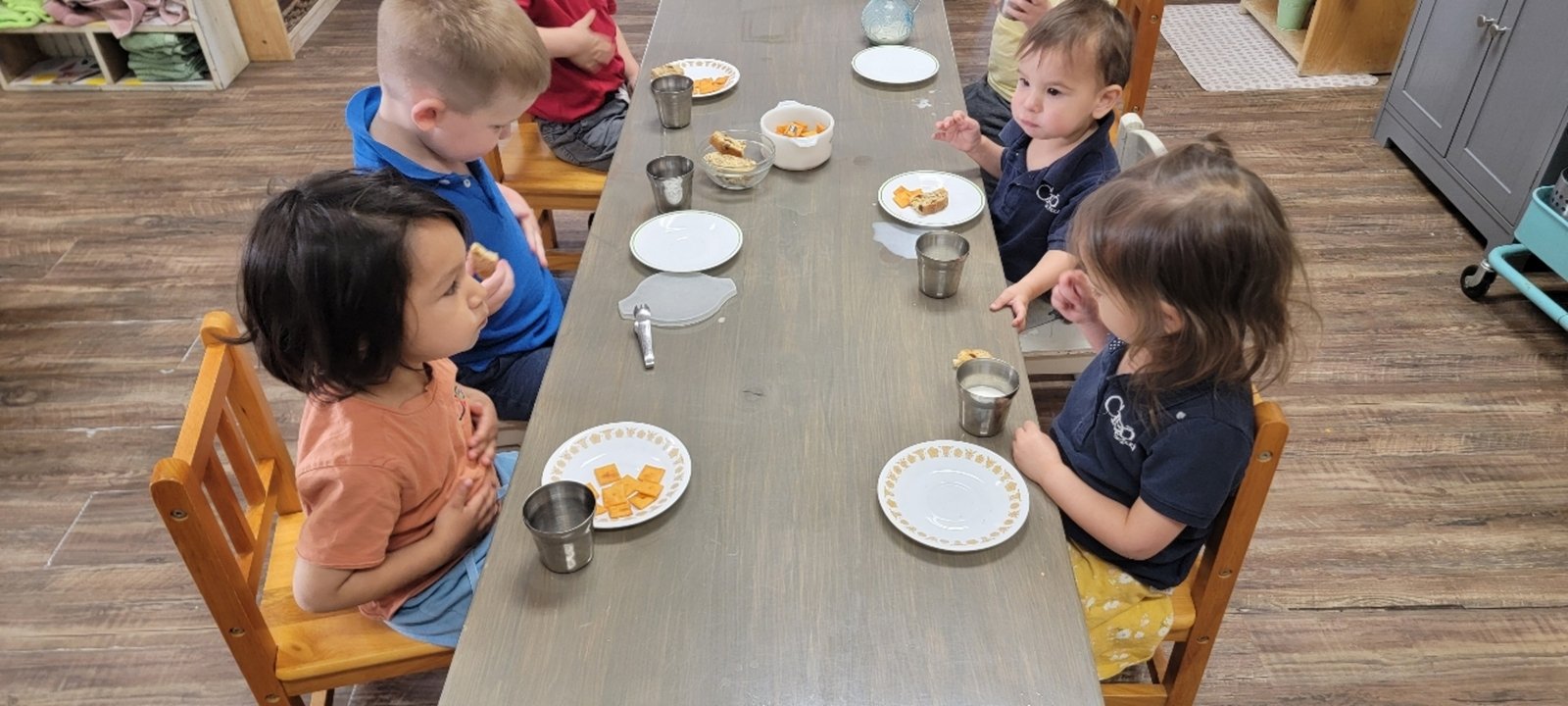
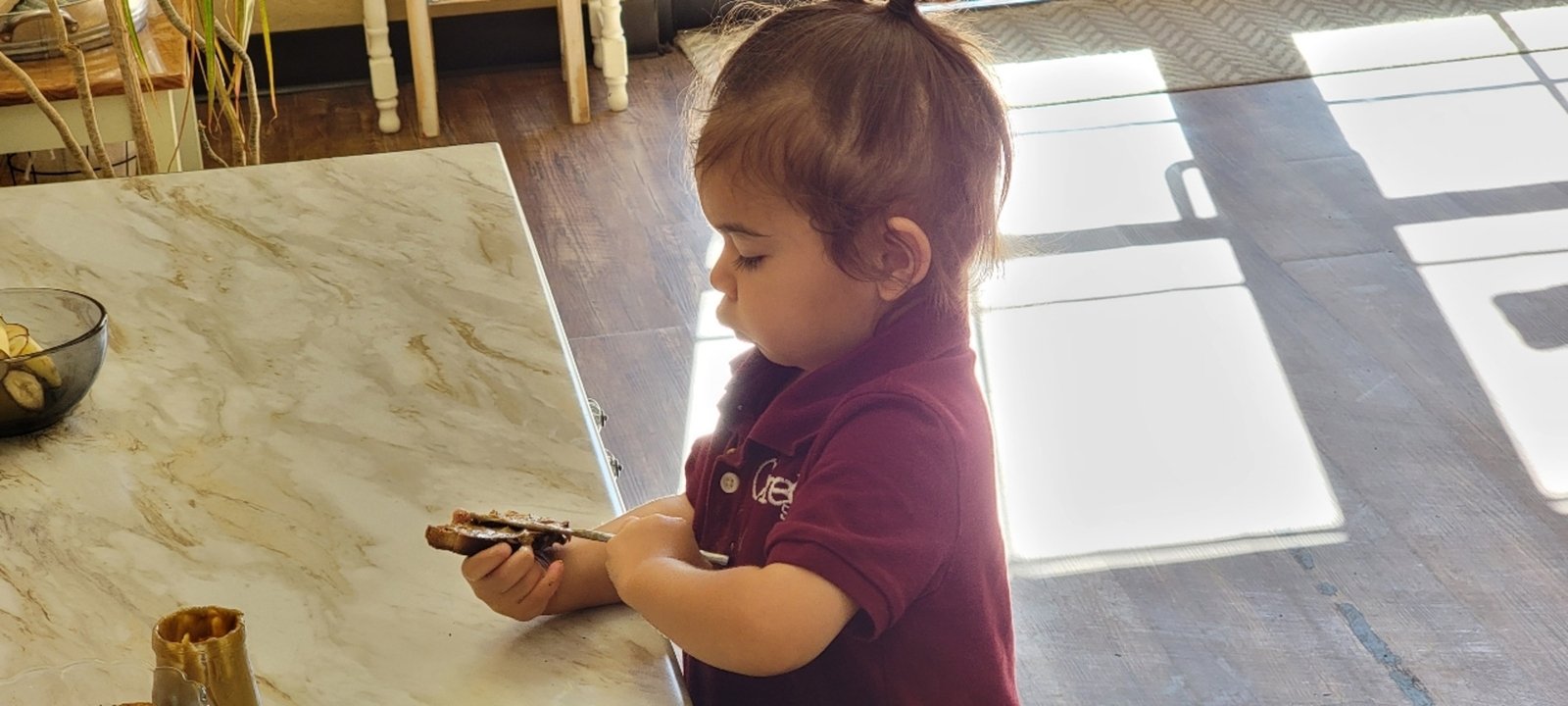
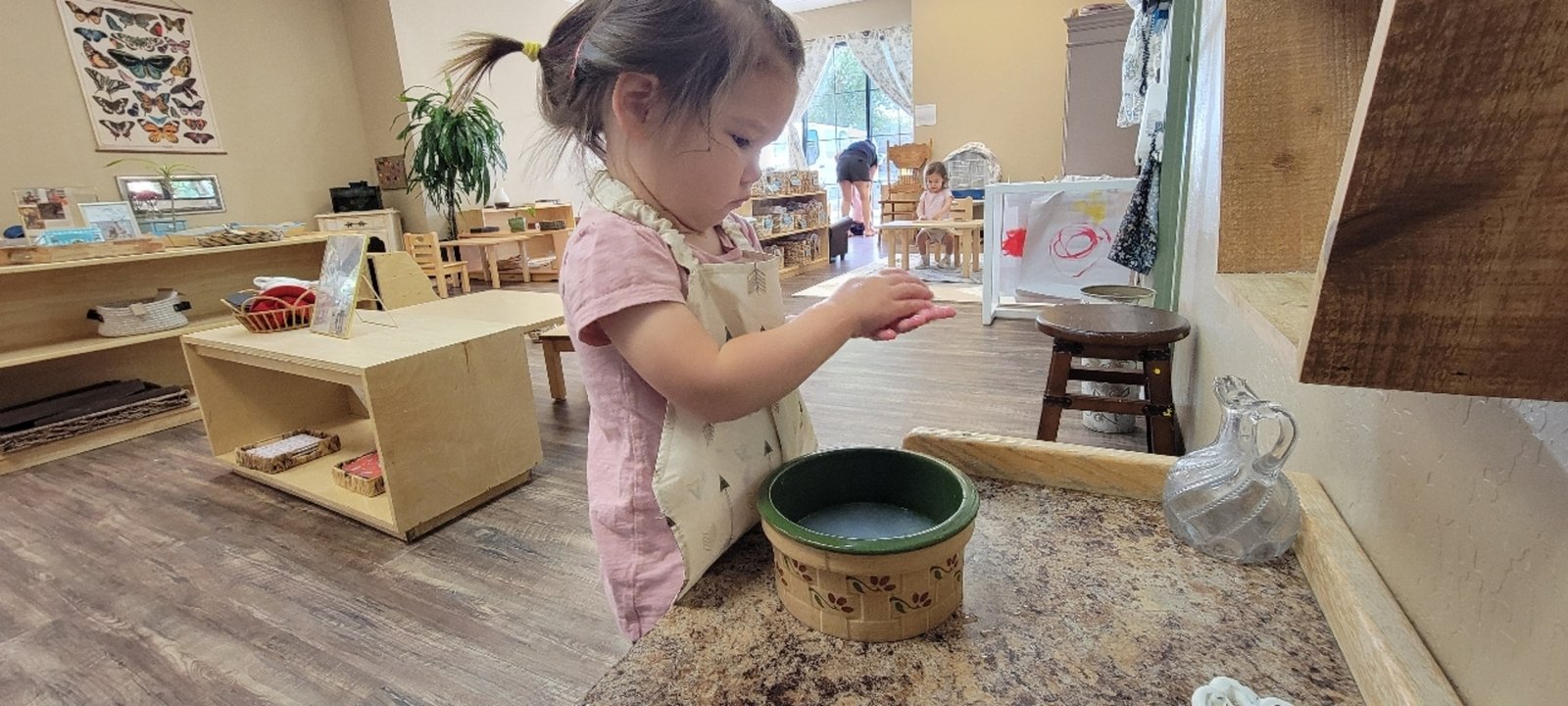
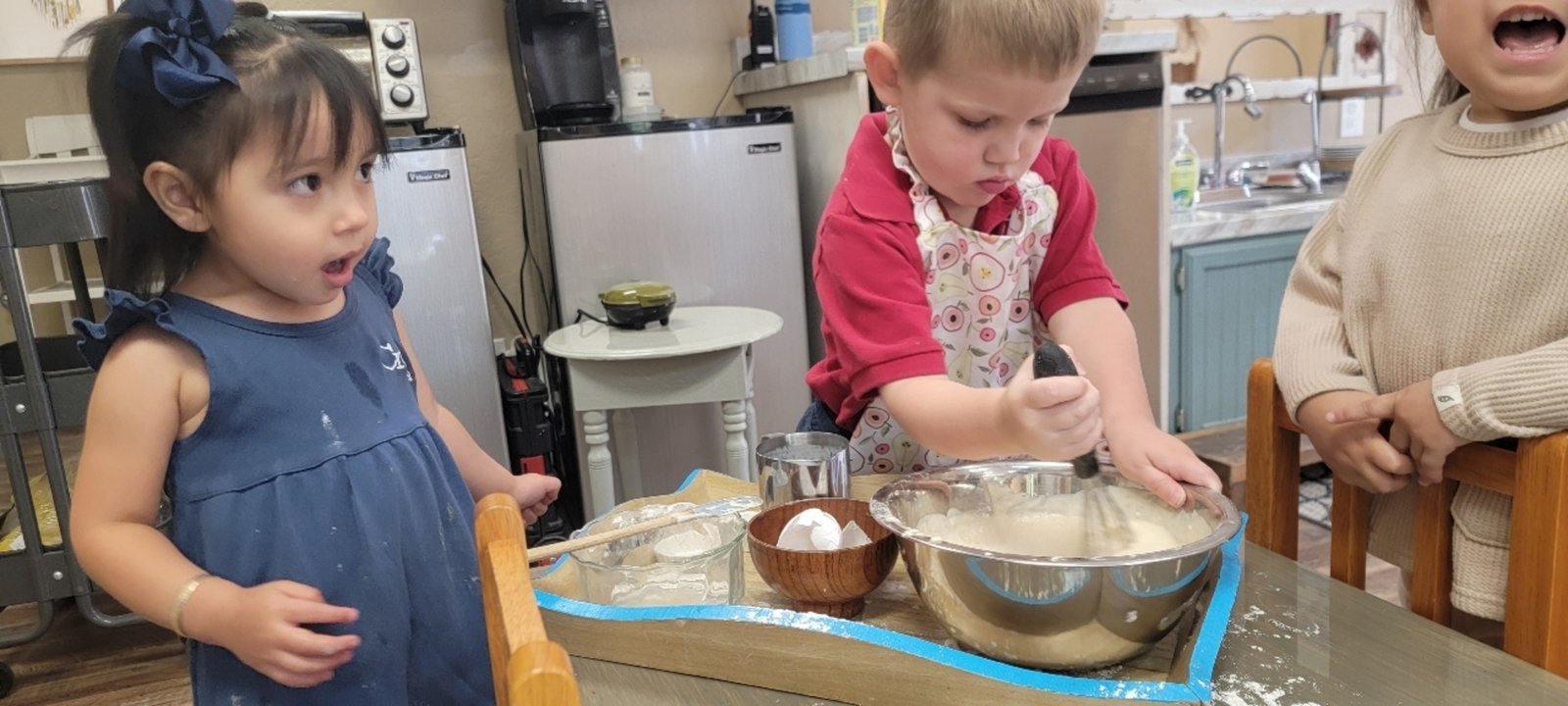
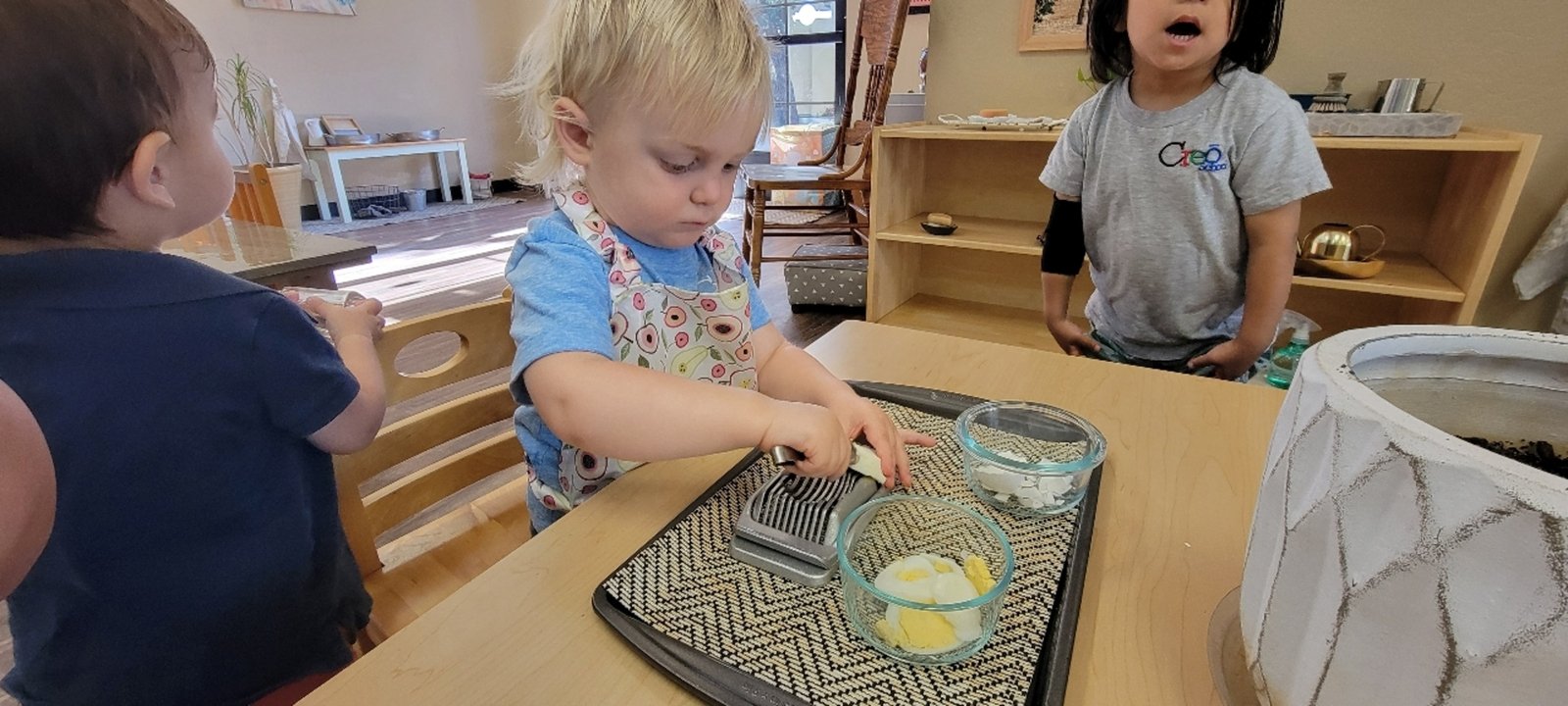
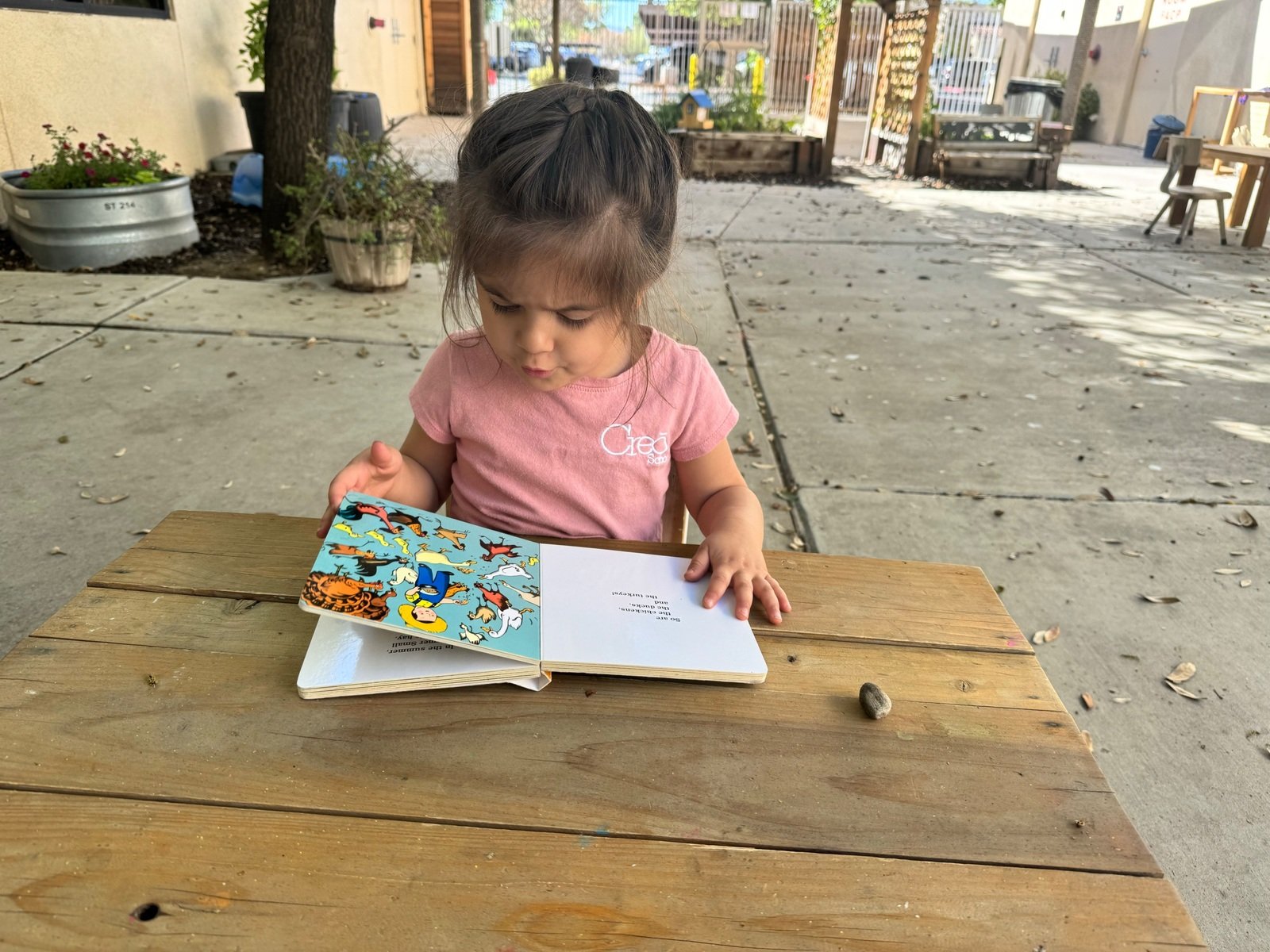
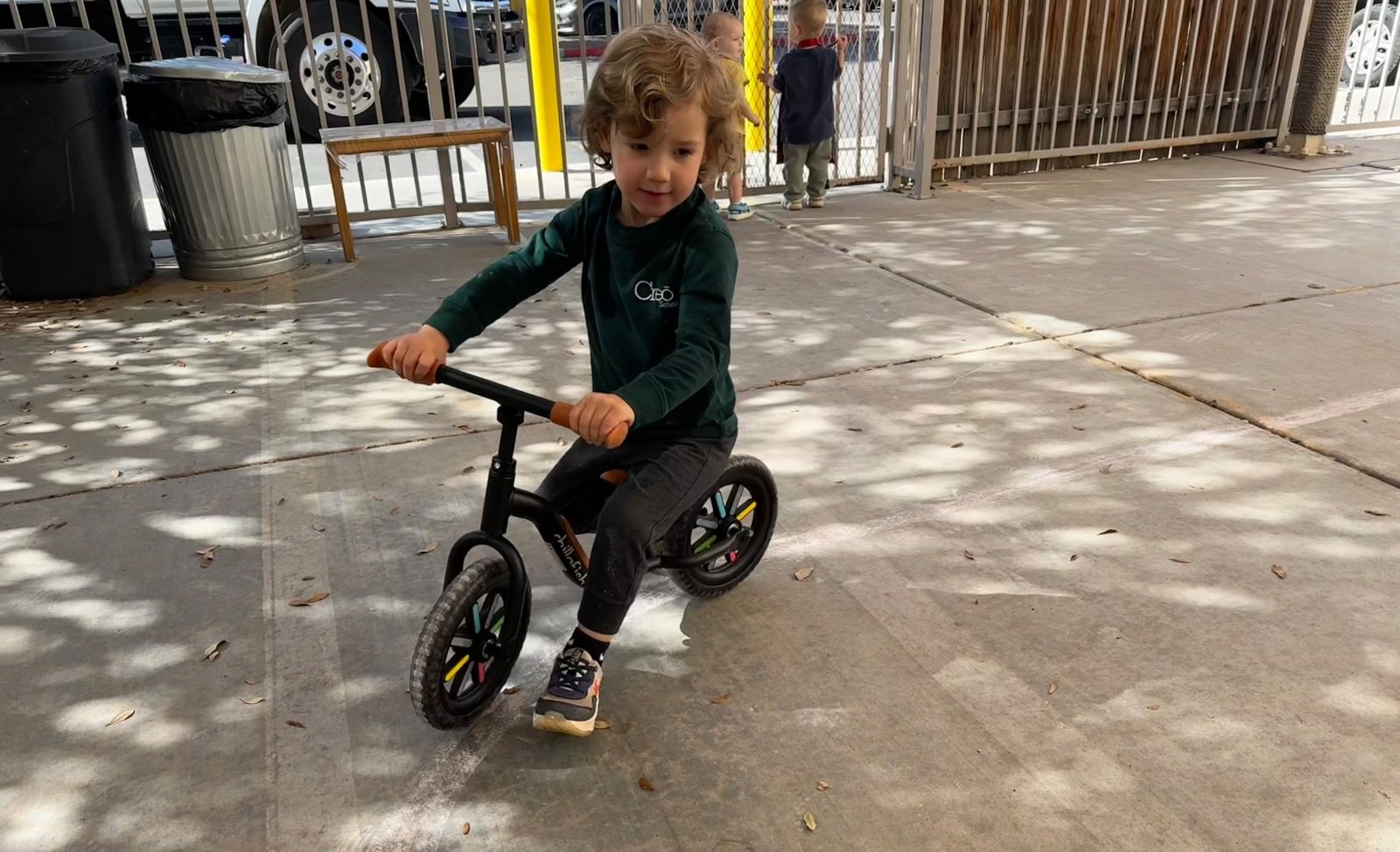
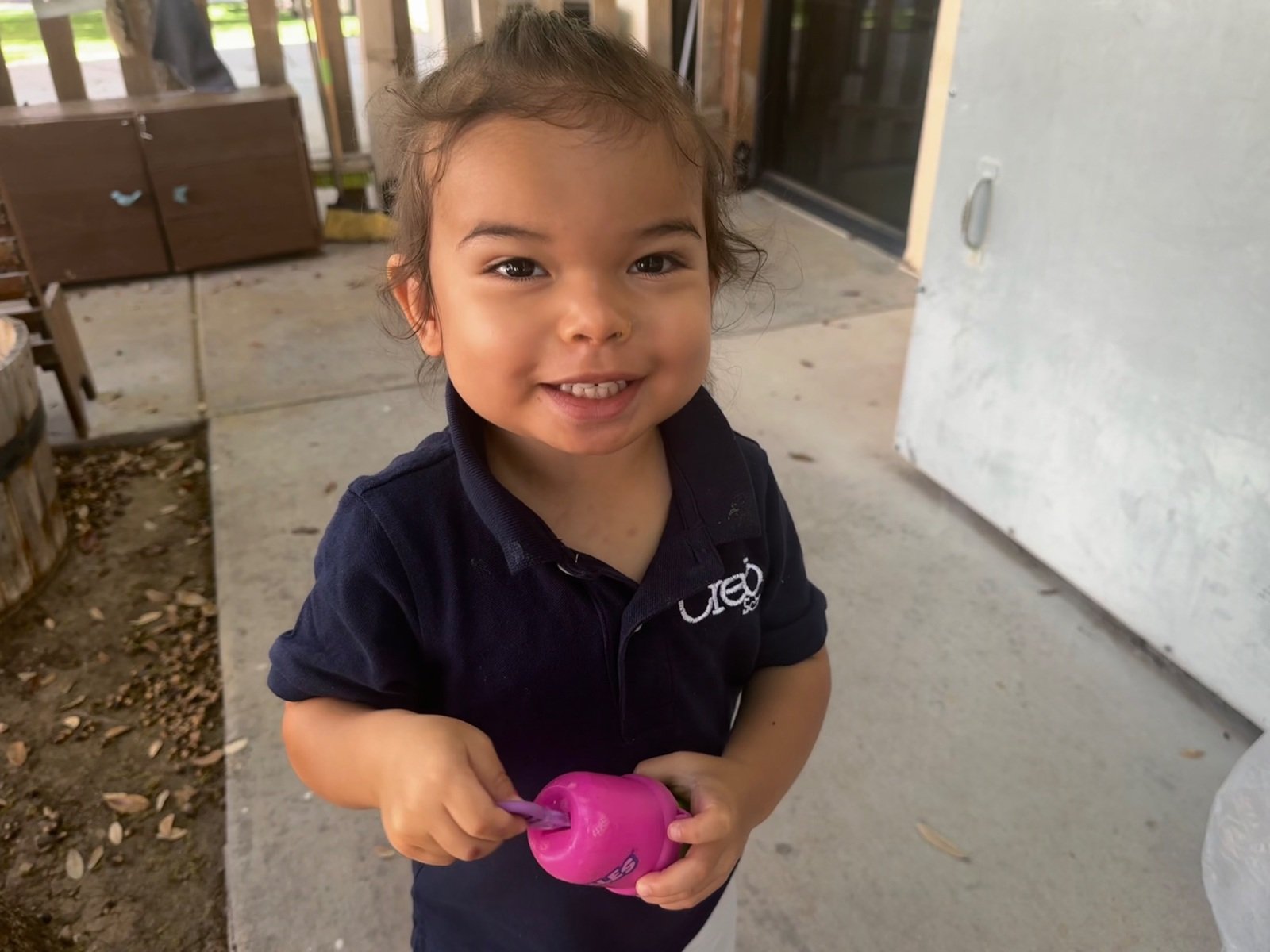
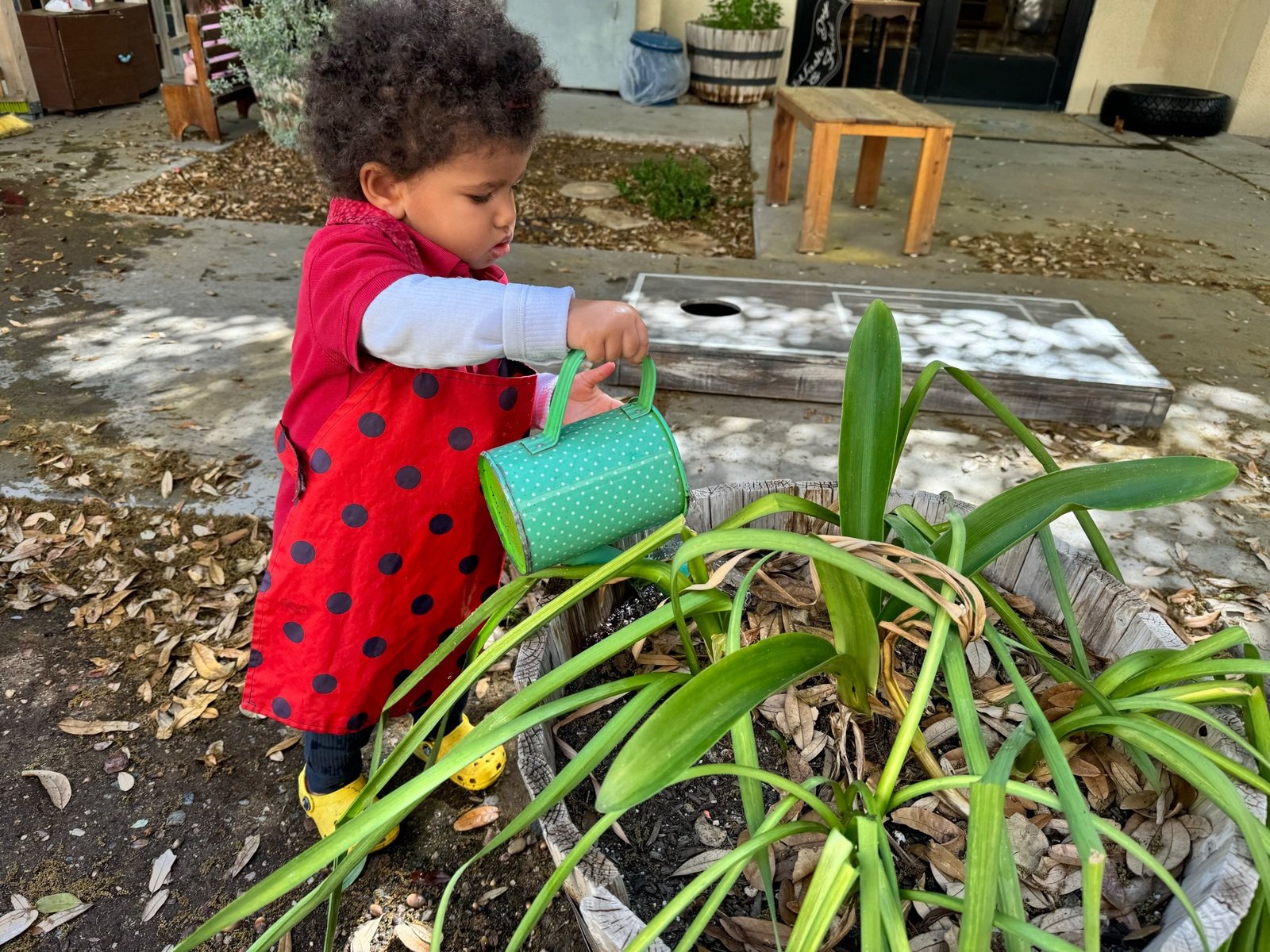
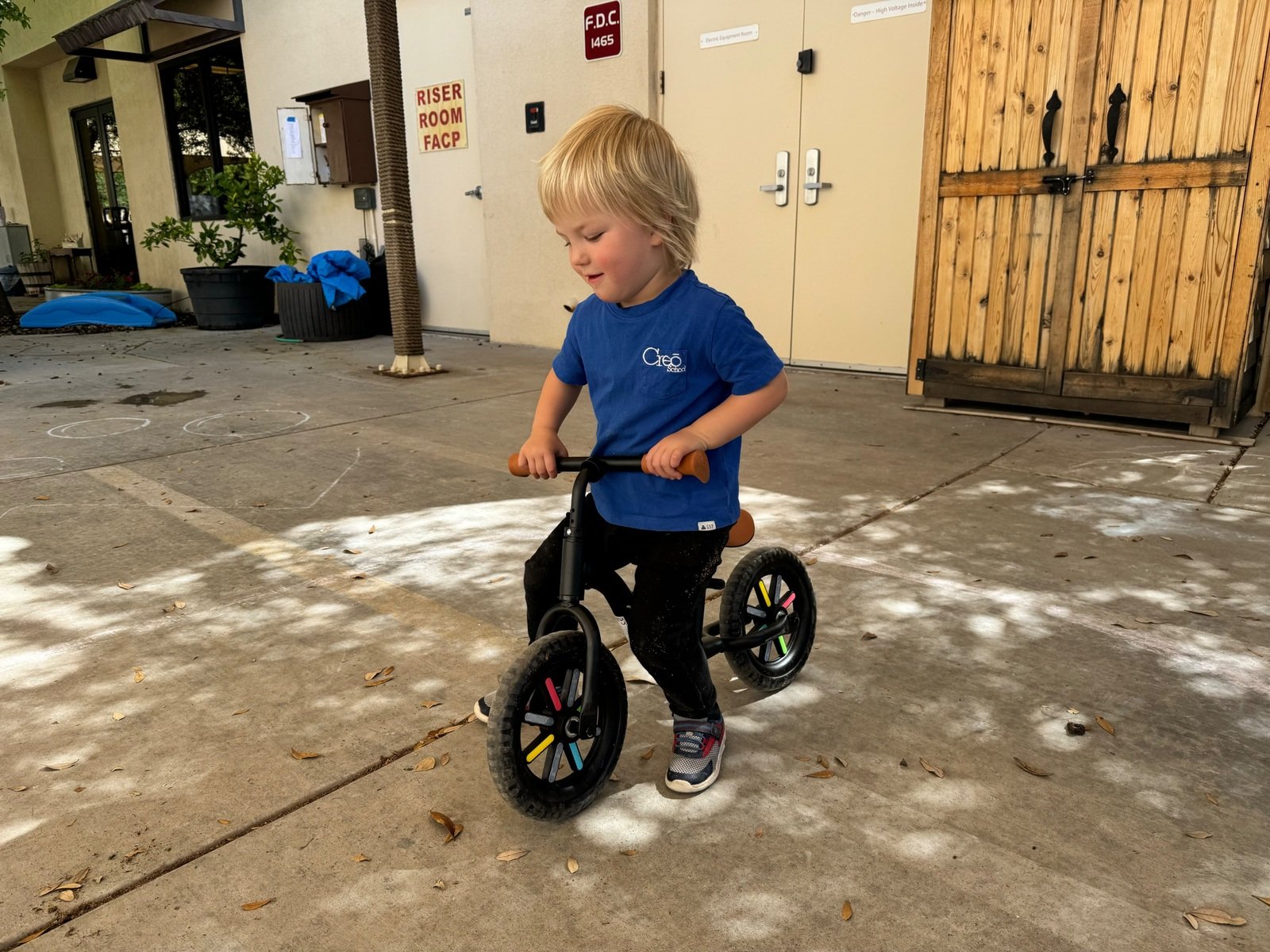
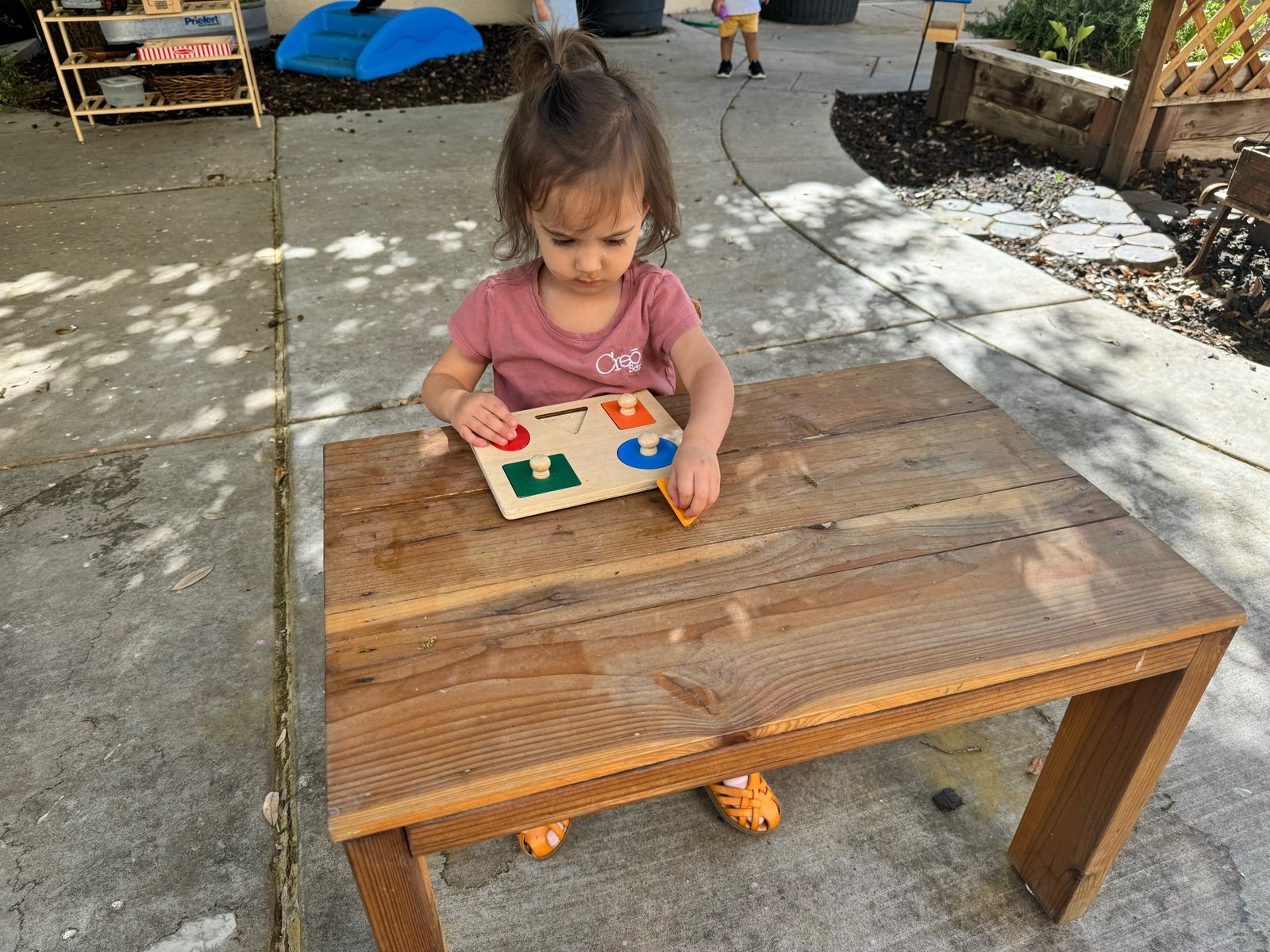
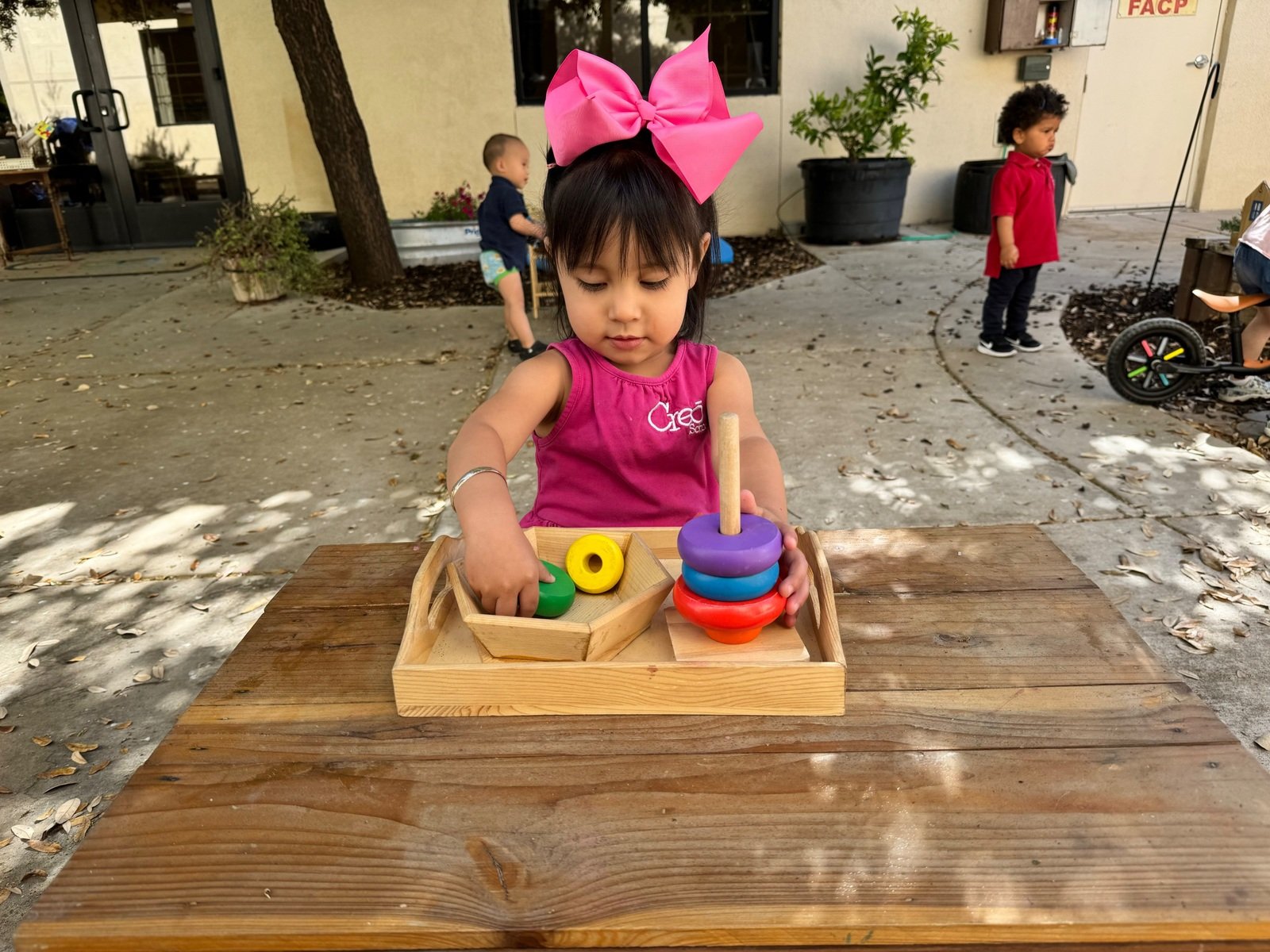
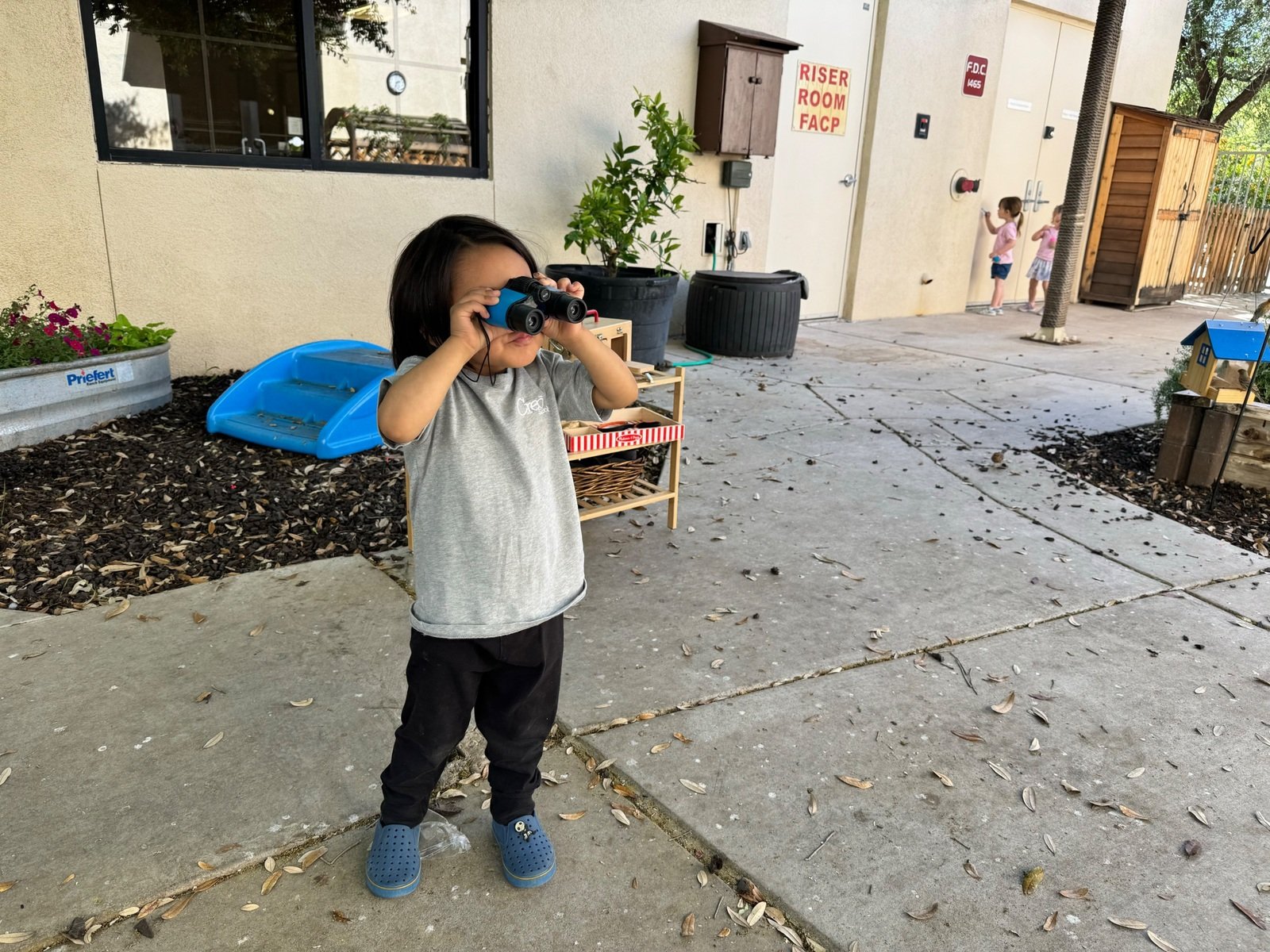
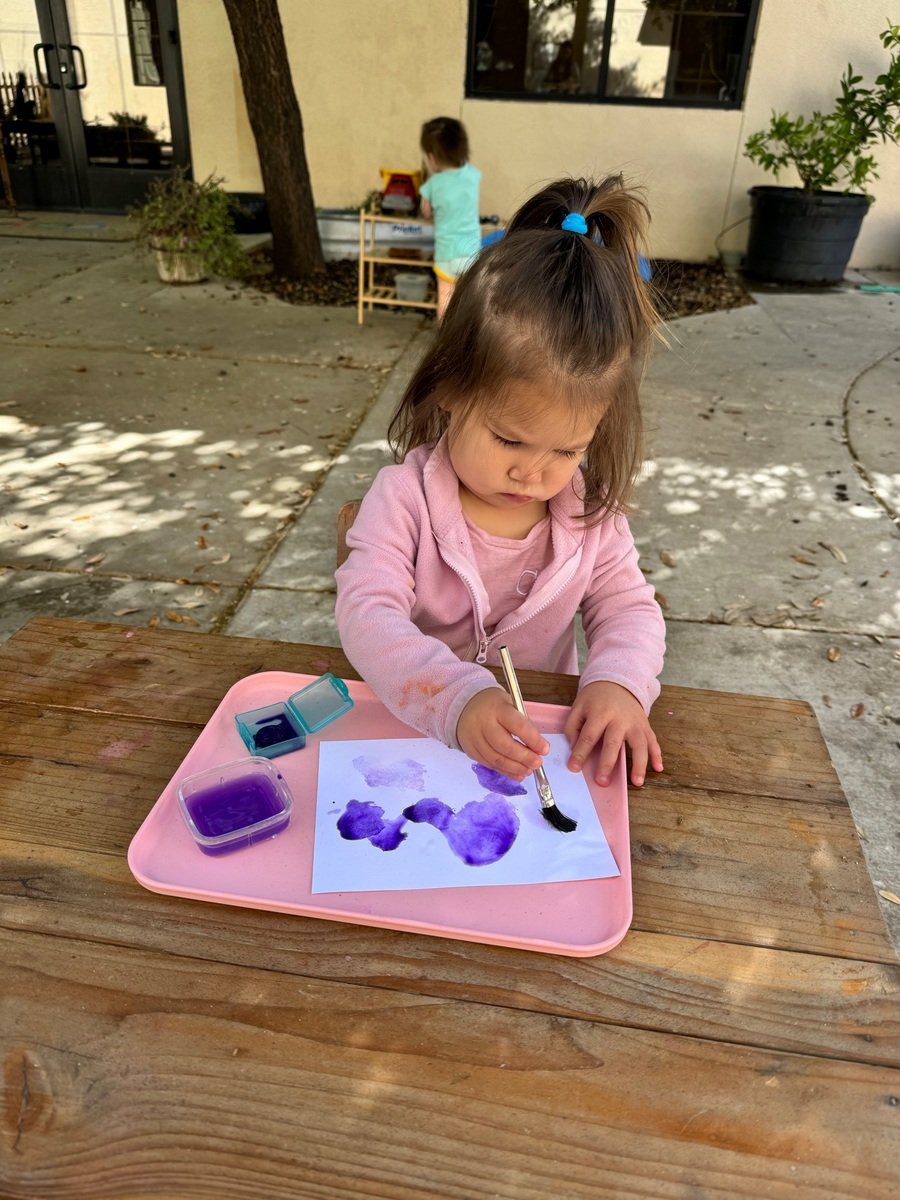
Butterfly
Hello, again!
I wanted to show a blog entry I shared in the past about reality vs. fantasy and how children are or aren’t processing these fantasies like superman, Mickey Mouse, etc. What are your experiences with the matter?
What is Fantasy?
Fantasy is anything that is not based on reality. At a young age, giving the child real experiences until they reach an age to distinguish fantasy. TV and great fairy tales or fantasy stories with beautiful illustrations and great quality paper, but they can be introduced after the child has a good grasp of reality, which is usually after five years of age, when the brain cortex is mature and they can make a distinction between real and unreal situations.
-Fantasy gives the wrong impression of the real world.
-Many adults think using fantasy is a way to bond with the child to capture their attention, but this is based on a fantasy, itself.
-Fantasy is an escape from reality when it becomes too hard.
-Fantasy can be used to scare children, in some fairy tales.
What is Imagination?
Imagination—as opposed to fantasy—is what we want the child to experience. It is the very basis of the mind, the process by which all the impressions taken from the external world are placed at the level of abstraction. Imagination comes at a later time in a child’s life, around the age of 5. A toddler is unable to visualize an imaginary scenario, his mind is quite occupied with living out real scenarios he finds himself in daily. Giving him the right words and materials to express himself and his senses to, one day, imagine.
It is a human tendency that, along with the tendencies of observation, work, manipulation, exactness, and others, has made possible the work of man over his environment to construct civilizations
The first thing we observe is that the child’s mind is filled with a quantity of images surpassing those which he sees in the outer world. These images reveal that there is a strong force, a psychic energy, in the mind of man, something which is different from intelligence
Imagination has a sensory basis, and its construction in the mind has to be firmly established by reality. The more it is connected with the reality of the external world, the higher will be the value of its internal creations
-Once you have the reality, your brain is able/capable to imagine/create
-Often, people misunderstand and reality imagination with fantasy, but actual imagination occurs when the child has reality.
-Too much fantasy can hinder a child’s imagination—when they’re given all of the fantasy/toys, they are less motivated to imagine.
-To be able to imagine, a child needs to know reality to be able to put things together and create something.
-Abstraction can be a form of imagination.
-We all have different imaginations because all of our realities are different.
-Problem solving/flexible thinker
Reality
Reality is what you perceive through your senses, what is recognized by the cerebral cortex. With regard to fantasy, when the cortex is still immature the child cannot distinguish real from imaginary sensory input.
- The reality, brain, and senses are very important for reality. Real life experiences of walking through the grass, picking flowers, interacting with other children outside their own home are imperative for their developing senses.
- The mind must be able to organize all that they perceive in order to figure out what they think is reality. Seeing a real cockatoo is different than seeing it in a picture or seeing it on television.
- Different realities have always existed but what is their reality? Is it to see whales or giraffes daily? More likely, they will see birds or a dog cross their path more frequently. Chances of remembering the lion at the zoo will be slim or make the connection of what a lion is, at this age.
Television
What is television really transmitting to children? Can this technology be neutral, depending on how we use it, or can it interfere with the child’s emotional and intellectual growth?
Television greatly reduces real experiences. Information comes from the environment, from nature. In order to develop a rich and ordered mind, children need to be in touch with real experiences. Imagine a child is sat in front of the television or a cell phone/ tablet for an average of 4 hours a night, and possibly more on the weekends… it totals up to more than 1,500 hours a year! Can all the dimensions and sensorial experiences be gained through watching that much television? Many important natural experiences are made difficult for children. Only direct experience can be can produce personal knowledge.
Real Activities that can be done at Home
Plant flowers in your garden
Water the plants with your child
Set up an environment where your child can access their own snack to prepare on their own
Encourage art materials to express their own creativity
Look at books
Take a walk around the neighborhood
Go to the playground
Set up a Mini Obstacle course for your child in your backyard
Bicycles for the backyard
Have a conversation with your child(ren) at dinner time, not just on the ride back home!
Warmly,
Ms. Rebeca and Ms. Daisy















Hummingbird
Dear Hummingbird Families,
We hope you had the opportunity to come into the classroom to observe the children and teachers working! When we sit to observe the children socialize and work without adult interruption, there is always something we can learn about the children. Observation allows us to see each child’s interest and a peek into their development stage, which helps us prepare the environment to meet their needs.
The children enjoyed this month's food prep, which included apple slicing, pressing oranges to make orange juice with water, and peeling and slicing cucumbers. Along with food prep, the children enjoyed socializing with their friends a lot more and learning how to be patient. We are practicing how to respect each other’s space and work, but also learning when it’s ok and how to join or help others.
This month’s community meeting topic was about how parents can encourage their toddler’s independence to develop further. The most important points to understand about how to help your child develop independence include having enough time (like showing them slowly and giving time for them to try/repeat), letting them have enough space to practice controlling their movements on their own (which things may fall or get messy), and at times they may need your collaboration (which may gradually fade away as they learn more).
Each child is different and follows their unique inner guide, which has its own rhythm or pace. The child’s inner guide helps to push them to pursue activities that help to satisfy their needs at that time, once satisfied they move on to other areas of interest. Thank you for your patience and willingness to understand more about the way toddlers develop. We greatly appreciate the way parents are open and supportive of their child’s needs and possibilities.
Warmly,
Ms. Kat and Ms. Claudia









Squirrel
Hello Squirrel, toddler families!
As our end of the year is approaching, we are so excited to finish strong! The children have been more involved in the practical life activities. Our older children, modeling grace and courtesy to our younger ones and even supporting them through a lesson they have already mastered.
Our older friends regularly bake their favorite recipe cream drop biscuits, and then they can share with everyone in the class! As this is a simple recipe, they enjoy it because they need no help.
As a friendly reminder, please remember to label all belongings, including socks, underwear, extra shoes, and wet bags, as most of our friends are in the toileting journey. How exciting! If all items are labeled, we will be able to identify quicker who it belongs to.
Thank you for all your support and trust! We have loved every day of this school year. It is bittersweet to see our older friends move up, but we are eager for them accomplish more in Children's House.
🤍Ms. Nadia & Ms. Bri










